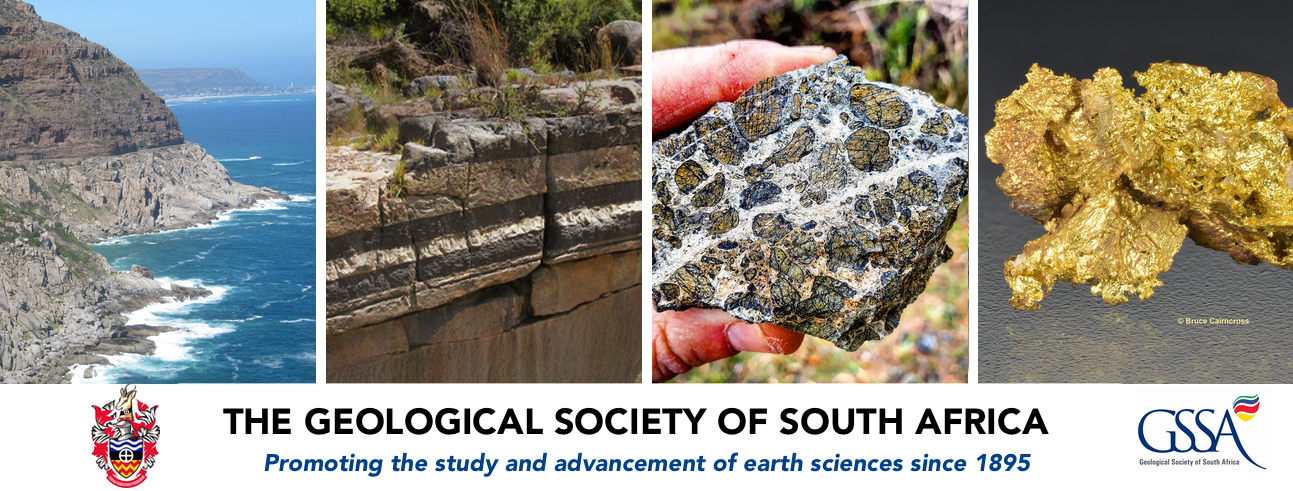South Africa’s Mponeng gold mine could hold key to surviving in space
Mining.com reports that Brazilian researchers linked to the University of São Paulo (USP)have developed a modelbased on conditions found at Mponeng gold mine near Johannesburg, South Africa, at a depth of 2.8 km, to evaluate how habitable Jupiter’s icy moon Europa may be.
Based on the theory thatEuropa may host lifein an ocean of liquid water hidden under its 10 km-deep ice crust, the team located a similar environment here on Earth to explore such possibility.
The chosen place was the Mponeng gold mine, which is leaking water full of radioactive uranium. The uranium’s presence breaks down water molecules into highly reactive free radicals, which then dissolves the surrounding rocks and releases sulfate. The researchers found that the bacteria could use that sulfate to create energy.
“This is the first time an ecosystem has been found to survive directly on the basis of nuclear energy,” said Douglas Galante, the study coordinator,in a press release.
By this method,the bacteria are able to survive without sunlight.
According to the study,published in the journalScientific Reports, the environment colonized by bacteria in the Mponeng mine is an excellent analogue of the environment assumed to exist at the bottom of Europa’s ocean.
“The ocean bed on Europa appears to offer very similar conditions to those that existed on primitive Earth during its first billion years,” Galante notes. “So studying Europa today is to some extent like looking back at our own planet in the past.”
While the temperature in Europa’s surface is next to absolute zero, scientists have determined that there is an enormous amount of thermal energy in its core.


